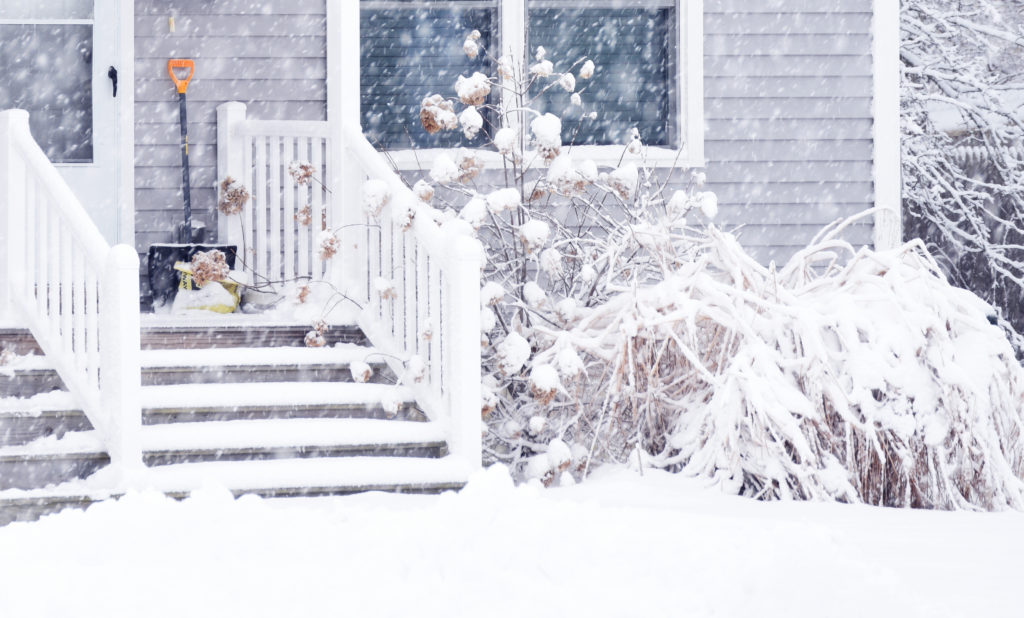Get Ready for Winter Damage: Five Items Your Homeowners’ Insurance Policy Should Cover
Get Ready for Winter Damage: Five Items Your Homeowners’ Insurance Policy Should Cover
The long range Oklahoma City-area forecast calls for extreme weather in February 2020. Warm weather back-to-back with cold weather, even if there is little or no precipitation, is very hard on homes and other structures. That’s especially true if the structure is more than a few years old.
“Most policyholders faithfully pay premiums for decades without making a single claim,” observed Oklahoma insurance bad faith attorney George H. Brown. “Yet when policyholders need financial protection, too many homeowners’ insurance companies take the money and run. They ignore their legal duty to quickly evaluate and settle winter weather damage claims.”
Trees
High winds snap branches and push trees against exterior walls. Most policies cover damage to landscaping, especially when this damage affects the house or another structure. However, insurance adjusters often deny these claims. Frequently, they blame the homeowner for not trimming the trees. But legally, this excuse is usually invalid.
Foundation
Extreme weather is very hard on concrete. The freeze-thaw cycle accentuates the hairline cracks which naturally develop as the house settles. If the foundation needs work, it must be done immediately, especially with the spring rainy season just around the corner. If the insurance company drags its feet, it’s important to call a lawyer straightaway.
Driveway
Concrete driveways and walkways face similar issues, specifically frost heave. Over time, tiny amounts of water collect in small cracks. When this water freezes, it expands. That expansion transforms tiny cracks into big ones. Frost heave also causes many driveway potholes. Insurance companies often balk at repairing small fissures. But it may be a matter of a small repair now or a large repair later.
Home Exterior
Extreme temperatures cause paint peeling. Peeled paint is not just a cosmetic issue. Paint protects siding and other structural elements from moisture buildup. This buildup causes wood rot. If trees brush against the paint, the damage is even worse.
Roof
This is the big one. Even a small amount of ice or a few nights of heavy frost often cause ice dams. The frozen water melts and slides off the roof into the gutter, where it refreezes. Since water cannot drain, it trickles back onto the roof. High winter winds are also very hard on shingles. Frequently, damages shingles are hard to see. Take a very close look at stress points, like near corners or chimneys. These points are where damage is most likely to occur.

